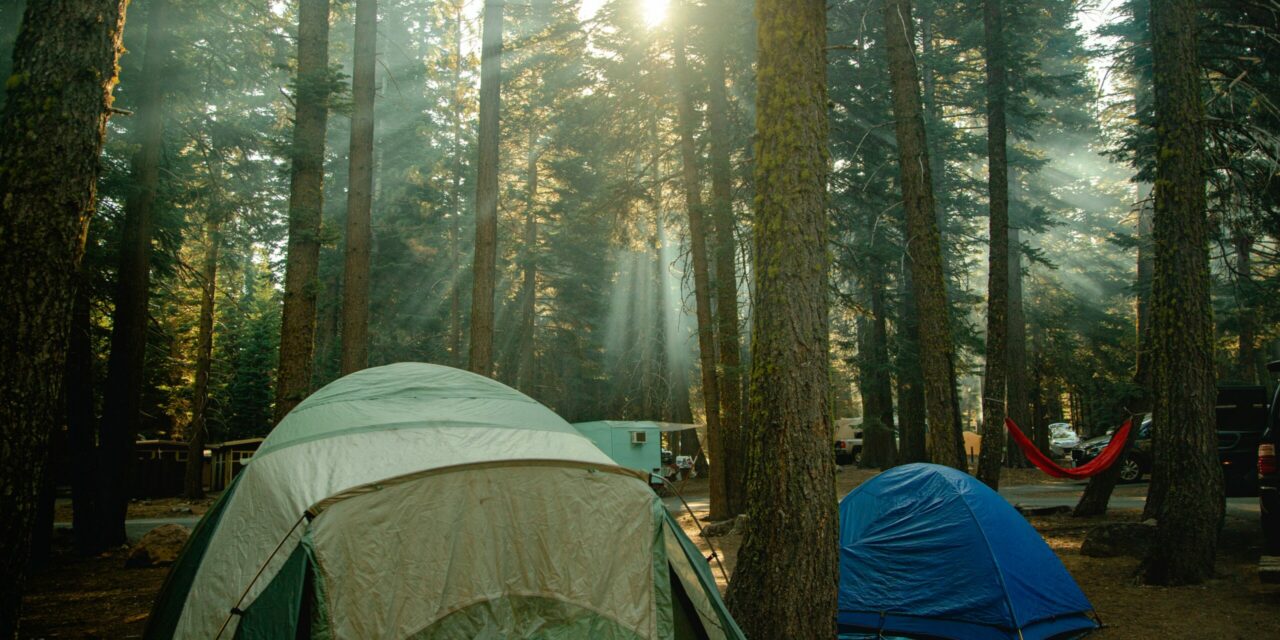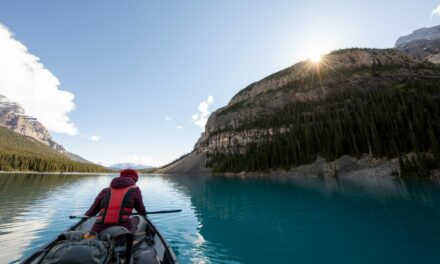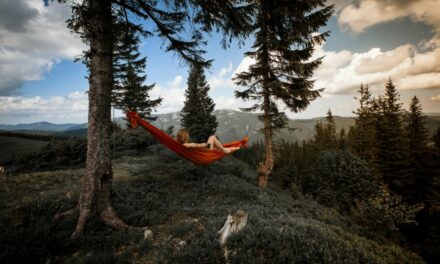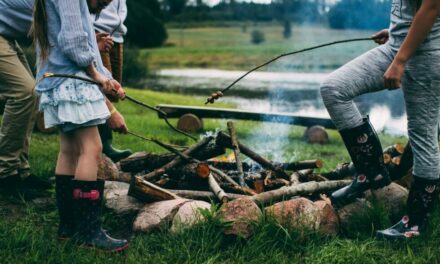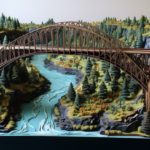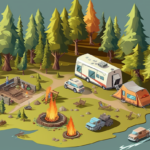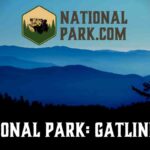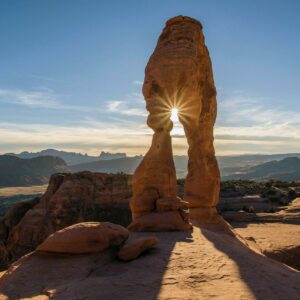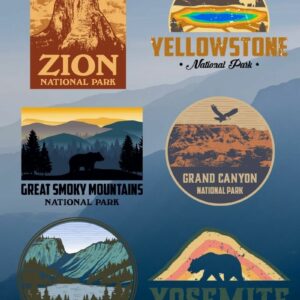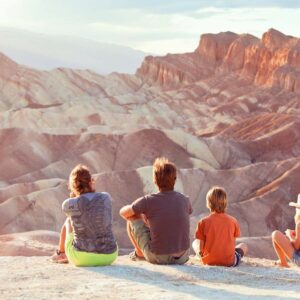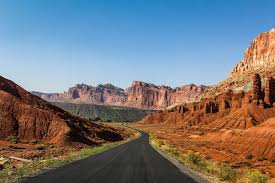Camping is a little different at each national park, and each national park has its own specific rules and regulations. When you call to get more information about camping at a particular park make sure that you find out these things:
What amenities are offered at each campsite?
Often the campsites at a national park with have different amenities. Some with have things like flush toilets, showers, laundry facilities, a market, or a swimming pool and play area. Some campsites will have space for RVs and trailers and will have water and electricity hookups that you can use. Others will not. Make sure you ask ahead of time what amenities are available at each site so that if you need to make reservations at another campground that has better amenities you can.
How much does a space cost and how many people does that include?
Most national park campsites cost between $10 and $20 per night for up to six people. If you have a large family or if you are traveling with friends or neighbors and their families you will have to ask what the group campsite rate is to make sure that you have a realistic idea of what camping at that park will cost. You should also find out what the entrance fee to the park is.
Are fires allowed?
Most national parks will allow you to have small campfires and cooking fires in specially designed fire grates or fire pits. But some parks have very strict rules about when fires can be lit, and some parks that have a problem with forest fires might not permit fires during certain months when forest fires can be a problem. Find out what the rules are about having a fire before you go.
Are firearms allowed?
If you plan on doing some hunting on your vacation you will need to find out in advance what the park’s rules are about firearms. If you’re going to be doing a lot of back country hiking or hunting some parks, like Denali National Park in Alaska, will allow small firearms. However most national parks do not allow firearms of any kind, so check to be sure.
What permits do you need?
This is a very important question to ask. Some parks require campers to have special permits based on the number of people that are camping. Others want you to have a permit based on the amount of days that you will be camping. All national parks will require that you have an entrance pass. Find out in detail exactly what permits you will need and what information you will have to bring in order to get them so that you’re prepared when you get to the park.
Are reservations allowed?
Some national parks will take reservations but others won’t. Typically the ones that do allow reservations will let you make reservations online or on the phone with a credit card. You can reserve a spot for your entire stay.
Reserved spots fill up very quickly so it’s recommended that you make reservations at the national park of your choice at least six months if not a year ahead of time. If a campground does fill up with reservations you can add your name to a waiting list, there are usually at least a few last minute cancellations but that can make planning a vacation difficult.
The majority of the campgrounds at national parks are first come, first serve. That means in order to get a good campsite you need to arrive at the park very early in the morning and it doesn’t hurt to arrive early in the season or late in the season too.
Typically the parks are the most crowded during late June and July. Traffic in August usually tapers off as families get ready for a new school year. If you can plan a vacation during a time other than that hectic summer season you will probably have a better chance of getting a great campsite.
Whether you can’t get reservations or you arrive too late in the day to get a good campsite it’s always a good idea to have a map to the nearest town and the number of a few hotels in the area. Travel plans usually go awry and you might end up needing to spend a night in a local hotel so that you can arrive at the park bright and early the next morning to get a good campsite.
Is there a dump station?
If the camping ground doesn’t have a dump station, be prepared to carry your trash away with you to the nearest local dump or camping dump station. Back country campsites and other isolated sites might not have dump facilities, but most campgrounds that are well populated or within easy access of a main road do have dump stations so that getting rid of your trash won’t be a problem. But it’s still a good idea to find out in advance if the campground you’re planning on staying at has a dump station.
When you’re camping in national parks, just like when you’re camping other places, remember to be courteous and respectful of other campers and when you’re not sure what the rules are ask a park ranger or ask at the Visitor Information booth. Every park has a Visitor Information booth or building where you can register and get information.


